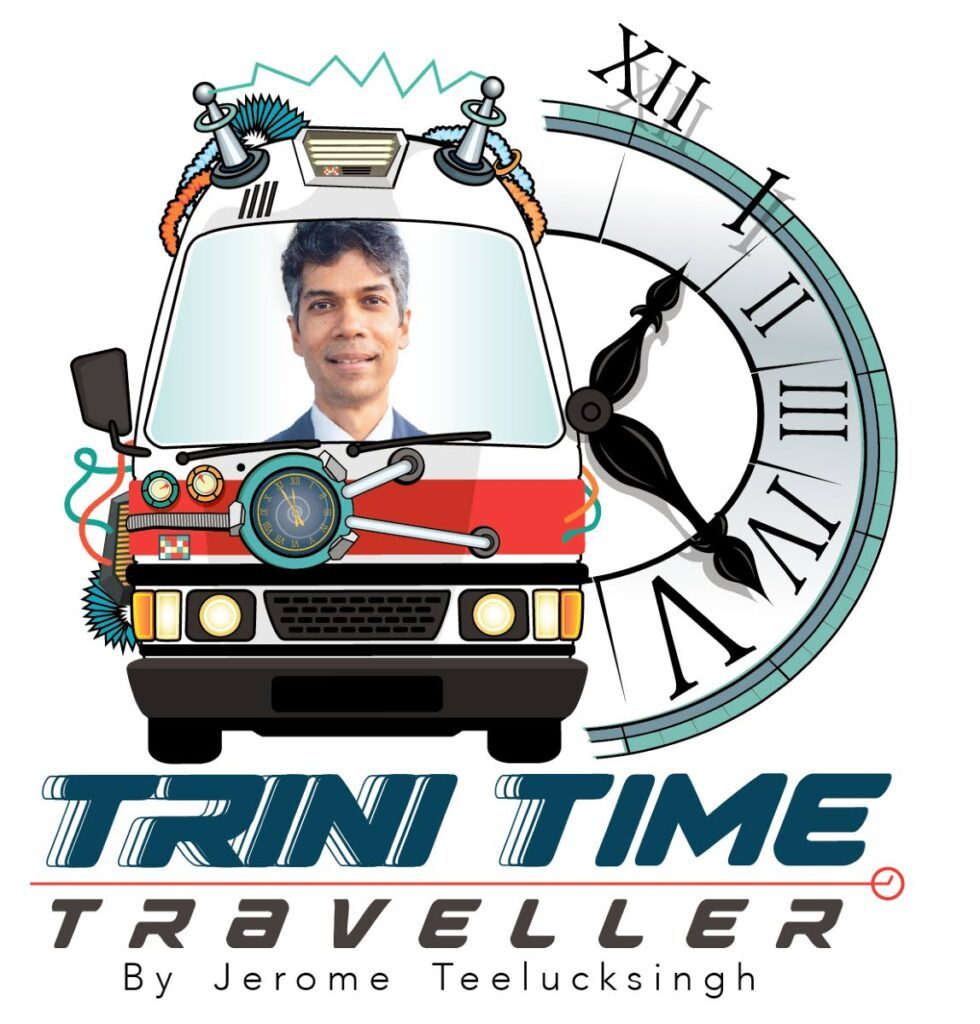Arrival Day without Indians

Jerome Teelucksingh
ALMOST THREE decades ago it was a defining but disappointing moment when prime minister Patrick Manning announced that May 30, 1995 would be designated Indian Arrival Day and declared a public holiday. However, the government stated that after 1995 the holiday would be shortened to Arrival Day.
This holiday was to observe the 150th anniversary of the arrival of the first group of indentured labourers from India to Trinidad. Subsequently, in 1996, the new government, under prime minister Basdeo Panday, would make it more historically accurate, as the holiday would be known as Indian Arrival Day.
What does Indian Arrival Day mean?
The contributions of Indians are varied and extensive. For instance, the Indo-Trinidadian farmer is the backbone of market gardening, cultivating fresh fruit and vegetables, and tending poultry, sheep and goats. Indians have been successful in small and medium business enterprises, commerce, local government, village councils, voluntary and religious organisations.
Within the sphere of politics they have also excelled. From the 20th century till the present, MPs, senators and government ministers of Indian descent have served with distinction.
Indians in the Caribbean, and the diaspora, have risen politically, socially and economically in all professions. They have contributed to independent, rational, logical and progressive thinking which have fostered peaceful coexistence and harmony.
What does Indian Arrival Day mean in our multicultural society? There must be strength in diversity and no division must be encouraged by the media, politicians and calypsonians. Furthermore, Indians must celebrate their achievements in the context of the values they bring to the national community and their assets that contribute to national development.
In 2024, at the ground level in different villages and towns, all the various ethnicities live together in harmony.
Yet when it comes to politics there seems to be a marked division, polarisation and enmity. Some Indo-Trinidadians speak of our motherland and feel affinity with India. And, unfortunately, others have questioned this loyalty and wondered if this affinity to their ancestral homeland undermines patriotism or loyalty to TT.
Has this link to the Caribbean compromised ancestral ties? No. It is sad, though, that many Indians feel that the words of our national anthem – “Here every creed and race finds an equal place” – do not ring true. Some face religious discrimination, racism and political marginalisation.
The cultural traditions of Indo-Trinidadians/Tobagonians are not only unique and preserved but have been cross-pollinated by generations of migrants. An illustration is Mungal Patasar, who has blended Indian and Afro music to create Pantar. There is also the genre known as chutney soca. Indians do not have to abandon their culture to enjoy cultures of all other races. Likewise, they should not dispense with their ancestral roots.
Yesterday was the inaugural observance of the International Day of Remembrance of the Victims of Indentureship. Such a day is necessary for Indians and others to be aware of the past struggles before and after arrival.
There is a need for knowledge to eliminate ignorance and being distrustful of Indians. Indeed, Indo-Trinidadians/Tobagonians must show confidence and pride in their achievements yet include all our citizens. Others must not feel threatened and should be educated to appreciate who Indians are and what they do.
East Indians have made valuable, significant and visible contributions. And the younger generation must know where they came from and where they are going.
Being of Indian descent does not mean that one is restricted to voting a particular political party, wearing ethnic clothing, eating special foods, listening to particular radio stations or music, attending special cultural programmes or belonging to exclusive organisations.
Some citizens believe one ethnic group is superior to another, but this is due to ignorance and prejudices. Doing this attacks cohesion as a nation. We must be united – all different ethnicities and religions – in a common goal. We must be tolerant and appreciate our uniqueness. The East Indians’ tassa, dhantal, chowtal and sitar can blend with the steelpan, drum, piano and violin to create a beautiful musical tapestry.
Even though Indian Arrival Day celebrations should embrace all, some Indians feel excluded. All celebrations need to incorporate Indians who are Muslims and also Christians, such as the Roman Catholics, Anglicans, Seventh-Day Adventists, Presbyterians, Jehovah's Witnesses, and those from evangelical churches. Their ancestors also came from India and Pakistan.
Let us not forget to include the douglas and those mixed people with Indian ancestry.
We can all progress in TT and accept the contributions of all in a society built on meritocracy, equity, justice, democracy and freedom.


Comments
"Arrival Day without Indians"